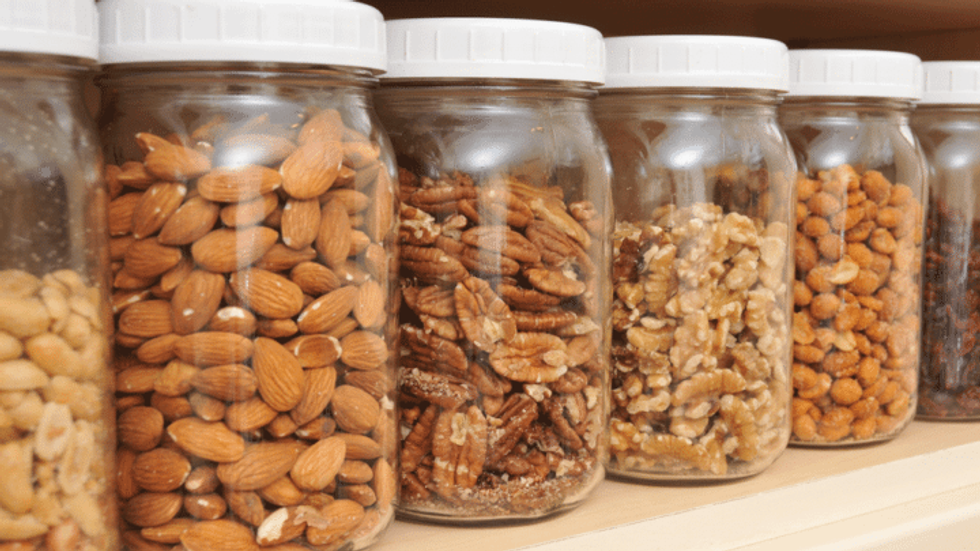The amount of trash that accumulates on college campuses is absurd. The average college student produces 640 pounds of trash each year. Given this information you are now left with two choices: continue living in a wasteful, ignorant bliss or read this article and commit to reducing your waste. Here are a few ways to lead a less wasteful life:
1.The pre move-in Debacle
The majority of waste accumulation comes from the end of the year move-out season. So, even before you are an official, moved-in college student, you can reduce waste in college. This begins with furniture and room decor. Moving into college is probably the best excuse to have your parents buy you a brand new room set at Target or Ikea, but the reality is that you already have most of the furniture and decorations you are looking for. Reusing decorative bed pillows, desk organizers, and wall decor are all ways you can avoid buying things that will be thrown out at the end of the year. Once you've collected your items, head down to your local grocery store and collect some large cardboard boxes to pack with. This saves you from having to buy big plastic tubs or new cardboard boxes. But, wait! After you are done unpacking your room, fold your boxes and tuck them in the back of your closet. When move-out time comes, you will be fully equipt, and better yet, you won't need to purchase or find new boxes to pack with. Easy! Although these are small changes, they are impactful and take you one step closer to reducing overall campus waste.
2. B.Y.O.C… Everywhere
Attention my broke peers. If you are not already on the B.Y.O.C to the coffee shop train, it is time to hop the hell on. Not only does it reduce the number of single-use cups being thrown away, but most coffee shops now give discounts for bringing in your own cup! Save money while making a small effort to save the planet! Now, bringing your own coffee mug to a coffee shop is one thing. But, have you ever thought about bringing your own cup to a… party?? Don't roll your eyes. Think about how many times you have found yourself in the middle of a football tailgate or frat house, standing in a sea of red solo cups. While, at this point, the aesthetic of red solo cups is something near and dear to us, I think we can also all agree that the number of wasted solo cups at every party is unreasonable. So, next time you are getting ready to go out, be conscious of making an effort to bring your own cup. This can even mean grabbing the compostable take-out cup left on your desk from lunch. And if worse comes to worst, hold on to your cup at the party! Don't be one of those people who has to keep on returning to the drink station to grab another cup. It's wasting your time, your friends' time, and the planets god damn resources.
3. Snack Sustainably

https://www.wideopeneats.com/5-buy-in-bulk-5-avoid/
Every college student thrives on a well-stocked snack drawer to fuel them through a late-night study session. Trail mix, granola bars, and chips are some of the most common dorm snacks. Most of these, however, are items wrapped in plastic or styrofoam. This packaging is not reusable nor is it compostable. Next time you are strolling the snack isles of Target or Trader Joes, resist the temptation to grab a million small bags of Takis or the individually packaged sets of mini-Oreos. Instead, opt for sustainably packaged items or snacks in bulk. Swapping your plastic peanut butter jar for a glass one reduces plastic waste. It also leaves you with a perfectly reusable glass jar when you finish scraping out all that yummy peanut butter. Score! Snacks that come in bulk, like trail mix and cheese puffs, can also be found in large reusable containers. Plus, snacks in bulk are usually cheaper leaving you with more bang for your buck!
While there are many life altering changes you can make to reduce waste, the reality is that college is busy. Many of us are lucky if we can find the time to get a full night's sleep much less focus all of our energy on becoming no waste warriors. But, bringing more awareness to the small choices you make can fuel a wave of change in your habits while helping the planet.














